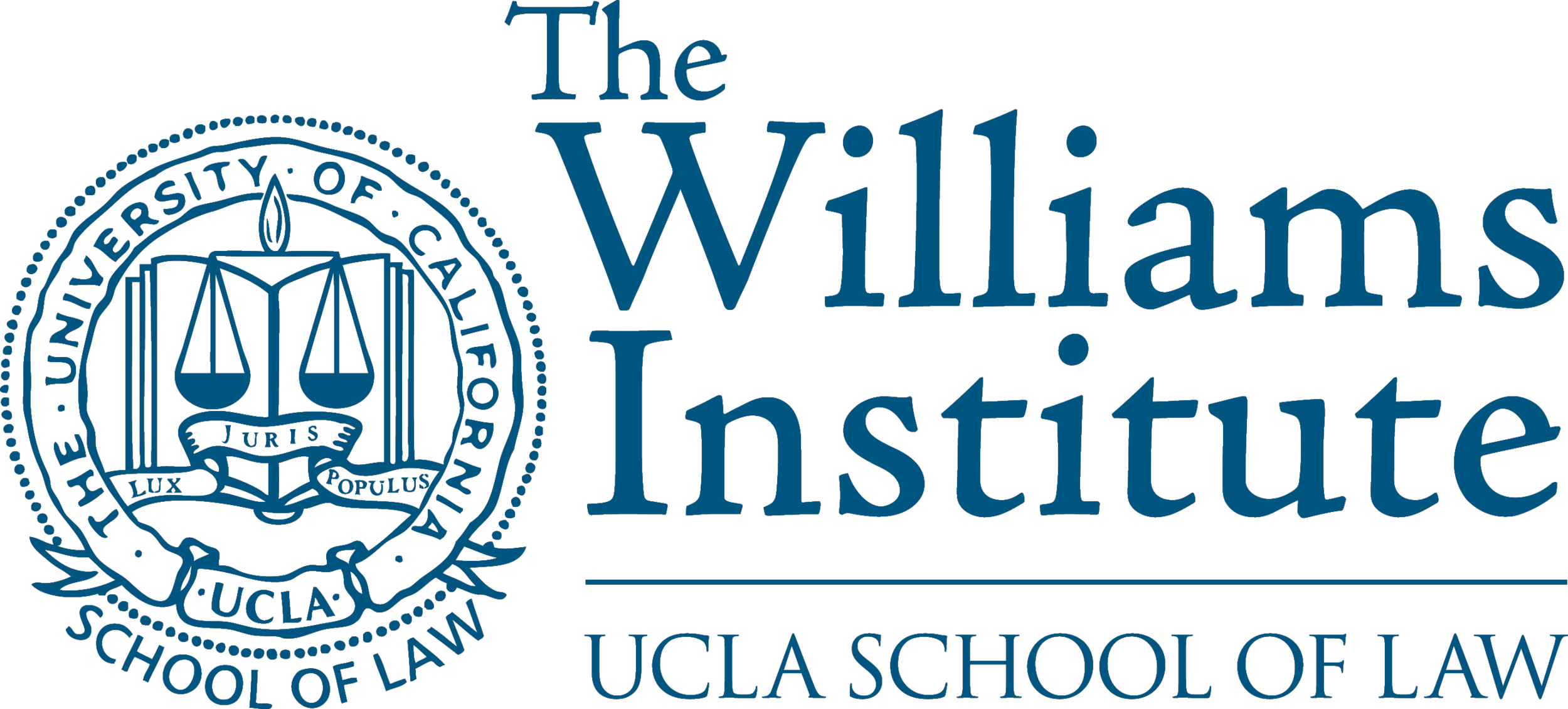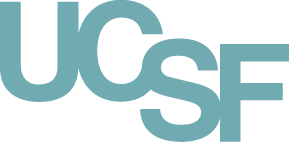Splice Today
by Chris Beck
February 11, 2020
When HBO announced that Jameela Jamil would host its new dance contest show, Legendary, which is based on the predominantly black and Latino subculture of drag balls in the LGBTQ community, some on social media threw a fit because she was neither connected to dance culture nor the LGBTQ community. Jamil promptly responded with a Twitter announcement that she was coming out as “queer,” but said she hadn’t been vocal about it because her “South Asian” community isn’t accepting of it. It was reminiscent of when Kevin Spacey came out as gay when he was accused of sexual assault.
Jamil has dated singer James Blake for five years, so is she saying she’s bisexual? Or perhaps she’s kissed a few girls here and there and liked it? We can only guess, because she’s gone quiet on social media. “LGBT” was pretty straightforward, but the “Q” got added without much explanation. I remember when queer was used only as a slur against homosexuals, as when William F. Buckley lost his temper and called Gore Vidal a queer on national television in 1968. Warren Hurst, a county functionary in Tennessee, also used the word this way in October of last year when he said, “We got a queer running for president, if that ain’t about as ugly as you can get.” People in the audience—presumably not Pete Buttigieg fans—laughed and clapped, but the county he works for denounced the language. Hurst responded, implausibly, that he’s “not prejudiced.”
For the full article click here.








